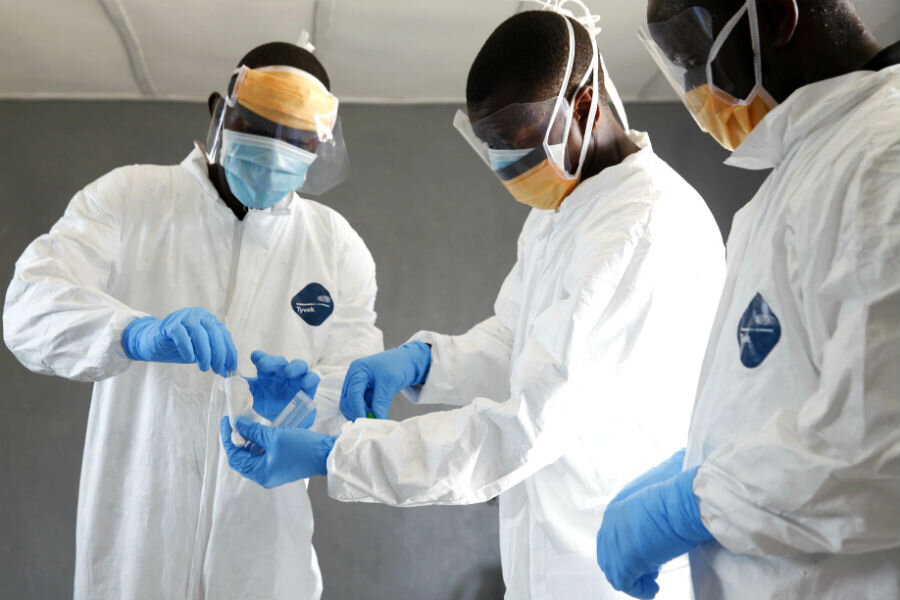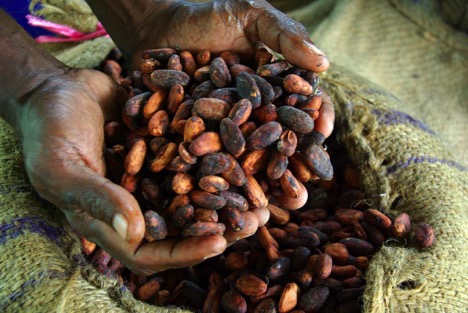By Sabrina Lynch
- African countries are spending up to 5x their health budgets on debt repayments
- Across the continent leaders have called for a $100B stimulus package to help stabilize their economies
Economic activity has plunged in the wake of the coronavirus, leaving international investors turning to the African continent, conveniently labelled ‘emerging markets’ for financial refuge. However, commodity-linked loans, eurobonds and loans of over $140 billion in Africa have crippled the nation’s ability to pay back its unsustainable debt. African countries are spending up to 5x their health budgets on debt repayments, this has left under-resourced healthcare systems as they feel the brunt of financial cutbacks to maintain repayments. The question remains, why are African countries being pressured to prioritize paying back lenders over preventing deaths of citizens during a global health crisis?
Why This Matters: The burden of choosing to save a person’s life or paying back multilaterals, such as the World Bank and International Monetary Fund, is an example of extraordinary inhumanity. A Strategic Preparedness and Response Plan outlined funding needs of at least $675million for critical response efforts, leaving African countries struggling to find money for both public health care, and their surmounting debts. Richer countries are borrowing to spend up to 8% of their GDP on fiscal stimulus measures, compared to governments in Africa who are limited to spending just 0.8%.
The average public debt in sub-Saharan Africa increased exponentially from 40% to 59% of GDP in 2018
The average public debt in sub-Saharan Africa increased exponentially from 40% to 59% of GDP in 2018. Specifically, Angola, Ethiopia, Ghana and Zambia are more at risk to default, since they carry large negative balances. African leaders have called for a $100 billion stimulus package to help stabilize their economies. These pleads have also called for World Bank loans to the poorest nations to be cancelled outright or implement debt forgiveness. No action has been taken against these appeals, putting the lives of millions in jeopardy as African governments scramble to sustain their economy, combat the deficit and put adequate resources in place to address COVID-19.
Situational Awareness: The origin of debt accrued by African countries is a complex issue to break down. Colonialism, historical exploitation of resources by foreign investors, mishandling of funds and rising commodities have all played a part in creating the enormous financial challenges African countries are fighting to overcome. Right now, the most important step for multilaterals to take is putting ethics ahead of economic gains, and help free up resources in the continent that can provide relief from the pandemic.
CBx Vibe: “Big Bank” YG









